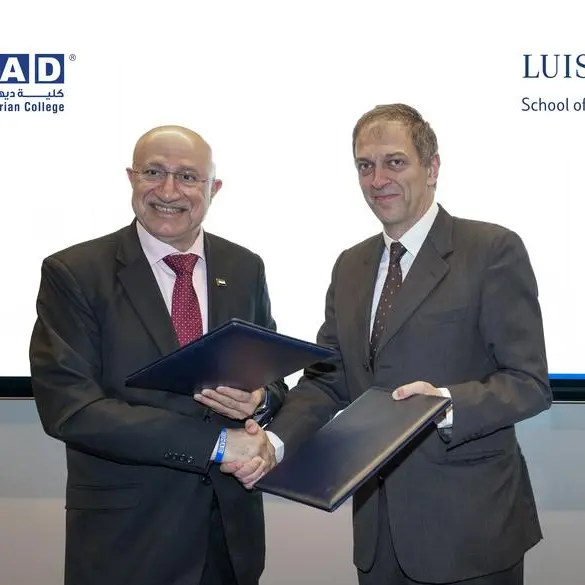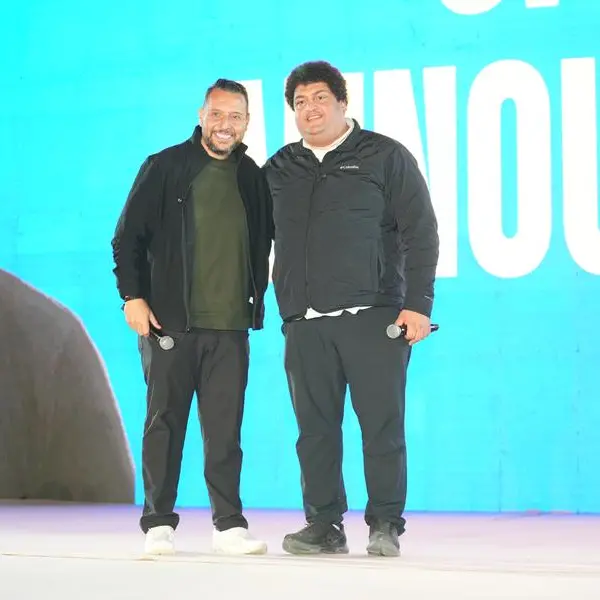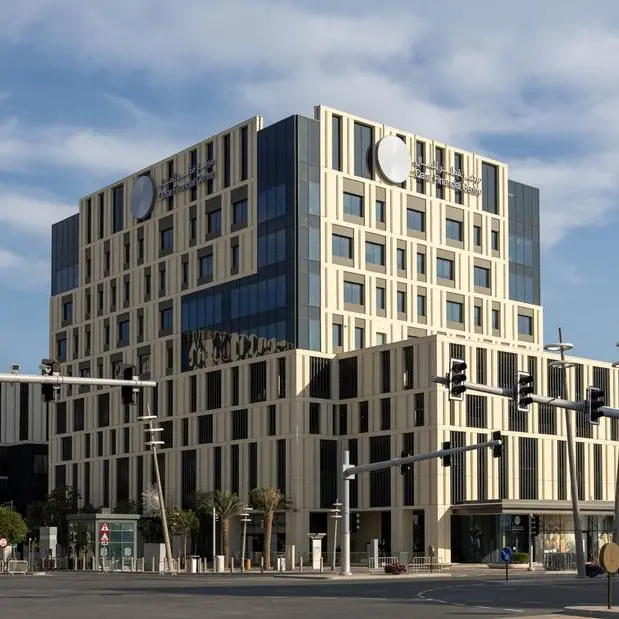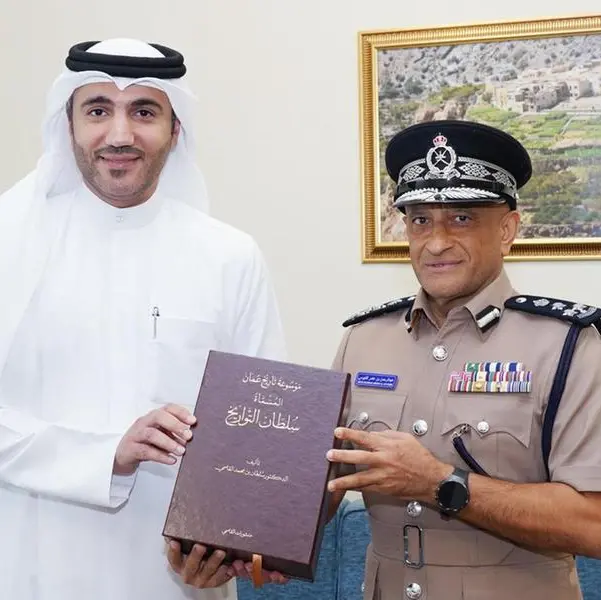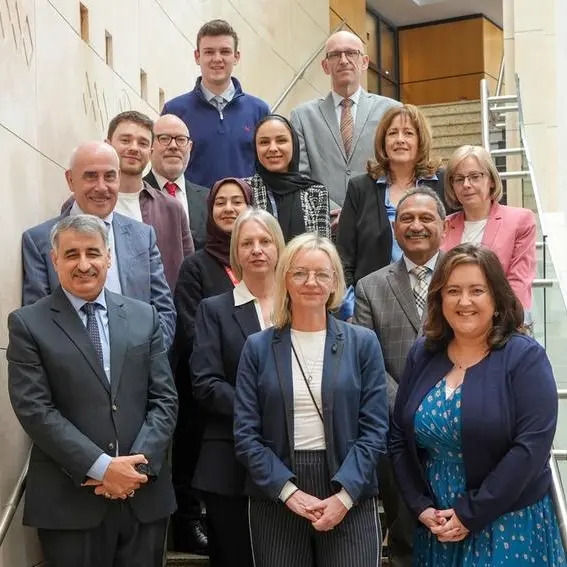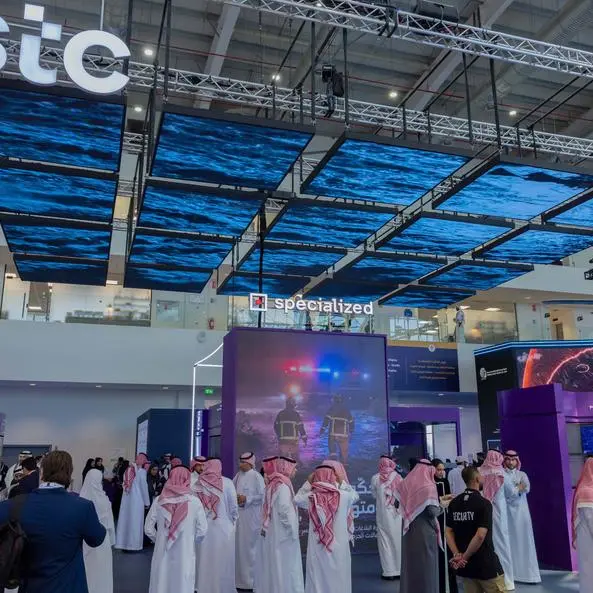Dubai, the first international city to test FedEx delivery robot
Government of Dubai Media Office: HH Sheikh Maktoum bin Mohammed bin Rashid Al Maktoum, Deputy Ruler of Dubai, opened the Dubai World Congress for Self-Driving Transport today. During the event, HH Sheikh Maktoum bin Mohammed honoured the winners of the Dubai World Challenge for Self-Driving Transport held by Roads and Transport Authority (RTA). The Congress, which features more than 700 technology leaders and innovators and 3000 visitors, focuses on cutting-edge technologies and explores ways to develop a general legislative structure for autonomous transport.
HH Sheikh Maktoum was received by HE Mattar Al Tayer, Director General and Chairman of the Board of Executive Directors of RTA at Dubai World Trade Centre’s Zabeel Hall, the venue of the exhibition.
The Dubai World Congress for Self-Driving Transport, the first event of its kind in the region, is part of RTA’s efforts to support the vision of HH Sheikh Mohammed bin Rashid Al Maktoum, Vice-President and Prime Minister of the UAE and Ruler of Dubai, to make 25% of all trips in Dubai smart and driverless by 2030. The Congress features 80 international experts, including five keynote speakers, who will be taking part in 40 lectures and 39 technical workshops.
The Congress is an all-inclusive global platform for self-driving transport that brings together top experts, policymakers, technology developers, researchers and academia. Global leaders of technology and innovation will exchange ideas and proposals about connected autonomous vehicles. The event aims to highlight the leading role of Dubai Government in self-driving transport and accelerate the drive to achieve the targets of Dubai Autonomous Transportation Strategy by attracting experts and technologies of self-driving transport to Dubai. The event also aims to raise public awareness about the latest technologies and future trends of transportation as well as identifying the potential impact on investments and different transport strategies.
Dr. Sterling Anderson, Co-Founder & Chief Product Officer Aurora Inc., a PhD holder in Robotics from MIT and ex-Chief of Tesla Autopilot System, delivered the keynote speech of the Congress. He touched on the contemporary transport world, economic & social challenges of human driving vehicles, and the future of self-driving transport and its positive impact on social life.
He also spoke about the key players involved in the transition to a world where autonomous vehicles will be the main mode of people’s mobility. Dr. Anderson also spotlighted key development projects and development focus areas associated with self-driving transport.
Dubai Challenge
His Highness joined other attendees to watch a movie on the Dubai World Challenge for Self-Driving Transport, which carries a prize money of US$5.1 million (AED19 million). The challenge attracted 65 entities from 20 countries, 15 of whom qualified for the finals. The challenge focused on the first and last-mile challenge of mobility journeys.
Five leading companies, three start-ups and seven local and foreign universities qualified for the finals. Qualifying vehicles were subjected to different scenarios and tests on a dedicated track tailor-made for testing such vehicles at the Dubai Silicon Oasis.
Tests carried included stopping at bus stops, forced stop, overtaking a stopping vehicle, overtaking a bike, and dealing with various traffic scenarios such as signals, pedestrian crossings, road works, and sand on road. Tests also covered negotiating a roundabout, handling humps, rains and high-speed turns.
Awards
HH Sheikh Maktoum later presented awards to the winners of Dubai World Challenge for Self-Driving Transport. His Highness received the list of winners from the delivery robot Roxo developed by FedEx Express. Dubai was selected as the first city outside the USA to host the test of this personal delivery bot. French companies swept the $3 million prizemoney for leading companies. Gaussin won the sustainability and energy award while Navya won the durability and reliability award as well as the customers' experience award.
In the start-ups category, the one-million-dollar first prize went to Sensible 4 from Finland, which also took part in Dubai Future Accelerators. The runner-up iAuto from Taiwan received half a million dollars. The UAE-based Derq Company finished third.
Among the international universities, the winner was Freie Berlin, Germany which received $200,000. Second placed Carlos III de Madrid University received $100,000 dollars. In third place came the Australian university UTS. Among local universities, Dubai University finished first, winning $200,000 dollars, UAE University came second bagging $100,000 and Al Ain University finished third. HH Sheikh Maktoum felicitated members of the judging panel of the challenge.
Standards
Nominees for the challenge were qualified on certain parameters including the status, credibility, vision, skills and relevant experience of the entity. They were then subjected to several tests in various categories to assess their performance under six key standards and 18 subsidiary standards. Key standards covered the operation plan, tolerance and reliability, sustainability and energy, customer experience, safety and security, and dealing with road users.
Phases
The Dubai World Challenge for Self-Driving Transport comprised several phases. In February 2018 the challenge was announced, and in October 2018, qualifiers for Phase II were announced. In February 2019, Phase II started and in March tests started at Dubai Silicon Oasis. From April to June this year, a team made overseas visits to Taiwan, Finland, Australia, Germany and Spain to assess start-ups and academia. In July, qualifiers arrived in Dubai to collect geographical data about test tracks and draw maps, and in August, vehicle tests started on the challenge track. Winners were selected according to results achieved in tests.
Jaguar I-Pace
A self-driving model of I-Pace, the first multi-purpose, fully electric and high-performance sports car, is now being tested on Dubai roads, exclusively on the occasion of the Dubai World Congress for Self-Driving Transport 2019. The vehicle’s technologies were developed by National Automotive innovation Centre (NAIC) in the UK over the past four years.
Jaguar I-Pace was modified to have an improved process for monitoring and avoiding vehicles through a blend of radars and cameras. The improvement also included the driving lights and the control of the speed and direction of the vehicle, be it during stops or on highways.
Technologies used in Jaguar I-Pace vehicle offer a spectacular self-driving experience similar to that offered by leading companies in self-driving vehicles such as Google, General Motors and Cruise.
-Ends-
© Press Release 2019Disclaimer: The contents of this press release was provided from an external third party provider. This website is not responsible for, and does not control, such external content. This content is provided on an “as is” and “as available” basis and has not been edited in any way. Neither this website nor our affiliates guarantee the accuracy of or endorse the views or opinions expressed in this press release.
The press release is provided for informational purposes only. The content does not provide tax, legal or investment advice or opinion regarding the suitability, value or profitability of any particular security, portfolio or investment strategy. Neither this website nor our affiliates shall be liable for any errors or inaccuracies in the content, or for any actions taken by you in reliance thereon. You expressly agree that your use of the information within this article is at your sole risk.
To the fullest extent permitted by applicable law, this website, its parent company, its subsidiaries, its affiliates and the respective shareholders, directors, officers, employees, agents, advertisers, content providers and licensors will not be liable (jointly or severally) to you for any direct, indirect, consequential, special, incidental, punitive or exemplary damages, including without limitation, lost profits, lost savings and lost revenues, whether in negligence, tort, contract or any other theory of liability, even if the parties have been advised of the possibility or could have foreseen any such damages.

